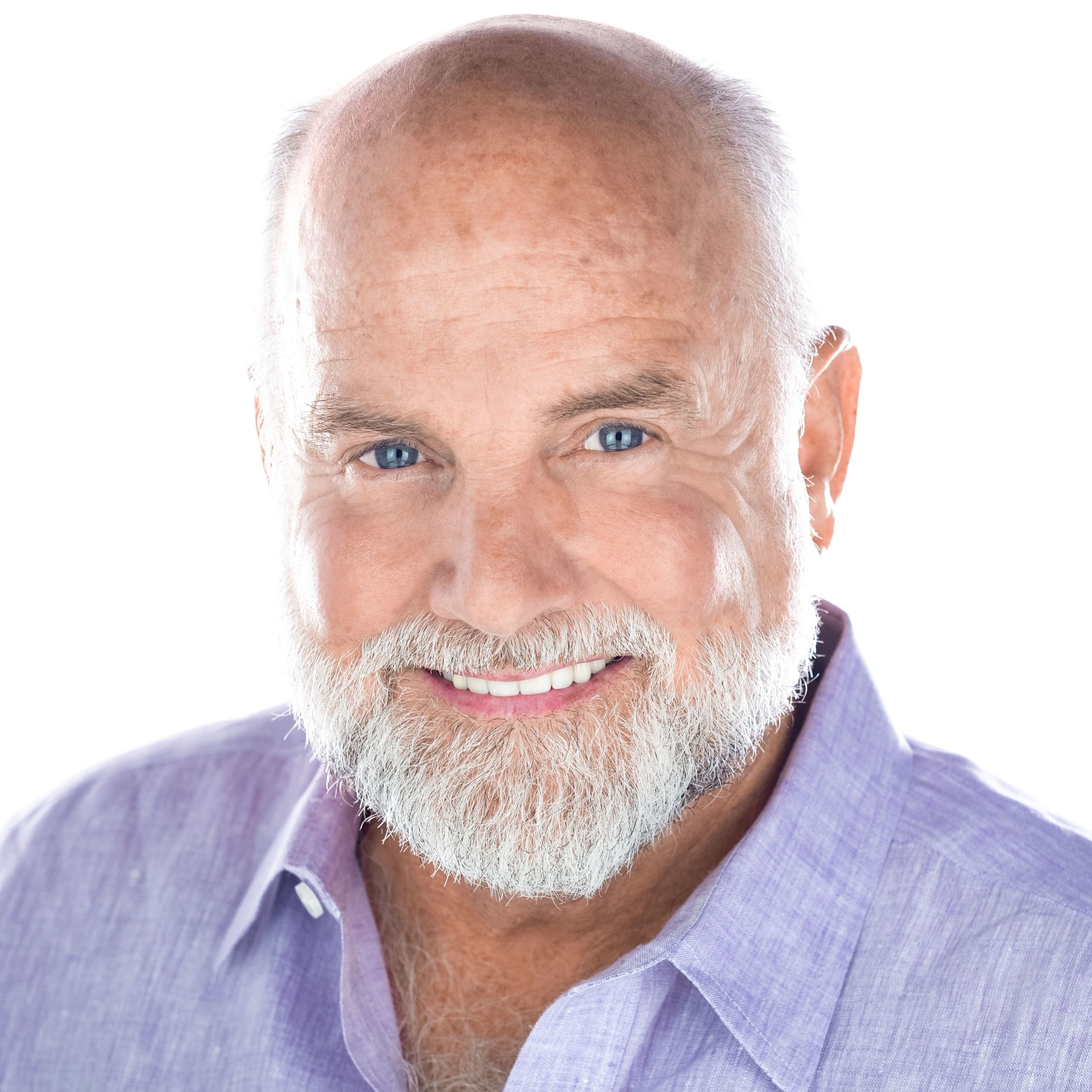Contrasting the tools of the trade in the wellness and illness spaces, FDN® Practitioners follow well-established principles in uncovering healing opportunities for their Health Coaching clients. Those clients, at the same time, are often under the care of medical doctors for specific conditions and have often received very particular diagnoses and been offered prescription medications to help manage those conditions. While the diet, lifestyle and supplements suggested by a health coach are generally safe and natural, clients should check with their physician before making changes in their diet, exercise and supplement regimens.
Patients of medical doctors may have a variety of reasons for seeking out help from a Certified Health Coach. A wonderful reason would be at the request of their physician, which would show that their physician is aware that the conditions they diagnose are influenced in many ways by a patient’s lifestyle, but that lifestyle modification is simply not an area of expertise for that physician.
It should be no more unusual for a Family Physician to suggest that a select patient work with a Health Coach, than it would be for that same physician to refer a patient to a particular specialist – each referral is just an acknowledgement that the physician is aware that there are useful resources for their patient that go beyond their immediate expertise. While such referrals do occur, they currently tend to be quite unusual.
An equally valid reason for seeking out a Health Coach’s help is a client’s recognition that the treatment provided by their physician has satisfied their physician in terms of its control over some measured value but has not improved their quality of life. Yet, quality of life is often the very reason or set of complaints they went to their doctor for in the first place.
The intake process in the wellness space uses a method of inquiry which is similar in some ways to that of conventional medicine (the “illness space”), but the responses are used for entirely different purposes. In-person and online Health Coaches want to know what obstacles their clients face, and carefully go over their symptom questionnaires. The Health Coach will use this information both to help form some clinical impressions but will also repeat these questions in subsequent visits as a primary measure of how their client is progressing.
In the illness space, there are usually more abbreviated screening questionnaires, where positive responses receive further attention and correlation to labs and/or vitals, with a resulting diagnosis where applicable. From that point, once a diagnosis is established, subsequent evaluations focus on changes in what can be objectively measured (labs and/or vitals). The original set of complaints for the most part receives little more attention. New symptoms that may commonly be associated as a side effect of a prescribed medication will receive attention, but if those are absent or considered acceptably minor, then success is seen as an appropriate change in the identified measured marker of the disease being treated.
In the diagnostic process, what becomes the ongoing concern of the physician may become quite detached from the quality of life issues that patients are experiencing. In the wellness space this is often referred to as “treating he paper” instead of the person.
FDN® Health Coaches have access to run laboratory tests (within certain restrictions) to gain clinical insight, and of course Physicians run labs to gain clinical insight. It shouldn’t be a surprise that the labs that are most used by Health Coaches are not so commonly used by Physicians. Just as Health Coaches use symptom questionnaires in a distinctively different way than Physicians, their choices in labs are equally distinctive.
Most of the labs evaluated by a conventional Physician are relatively simple panels of single analytes (like Glucose, Cholesterol, Electrolytes, etc.). In the past, panels ordered by Physicians were often larger, but insurance and evidence based considerations have guided them to less expensive and more concise panels. The labs that are preferred by most Health Coaches have a more dynamic and relational quality. You might say that Physicians tend to look for specific “dots” while Health Coaches are more generally trying to “connect the dots.”
It should be brought up for consideration that there are thousands of laboratory tests available, and any particular Physician or Health Coach will likely only master and rely on a very small percentage of those, and that the most complicated clients/patients can present challenges that are more than a match for even the latest and most sophisticated testing. It is a sign of wisdom on the part of a Health Coach or of a Physician to remind themselves as much of the limitations and selectivity of their tests as of their powers to reveal.
The tools of choice used by each type of practitioner after their investigations are complete, like the investigation itself, are for very different purposes. The Physician’s tool of choice is the prescription pad, where a proprietary pill is usually chosen – which in many chronic illnesses will be expected to be taken for life – to address the discovered disease state in an evidence-based manner.
The Health Coaches tool of choice is, again, relational – to bring to awareness impactful lifestyle habits that clients need to put more attention on. In part, these habits will be things fairly well known to the client but needing reinforcement, along with particular changes that may be suggested through lab testing (like food sensitivities), and the Health Coach may suggest some supplementation to provide support to areas of metabolism identified either through testing or by experience.
The tool of choice for the Physician tends to provide a controlling influence, while the tools chosen by the Health Coach help the client exert greater personal control and uncover helpful and relevant influences for their general benefit. An additional distinction is that the Physician’s tool is expected to produce a particular measurable result, while the tools chosen by the Health Coach will more often be judged by their cumulative influence on the client’s subjective improvement in quality of life.
A very real case presentation can help clarify how these distinctive approaches can make a difference in a client’s life. A 48-year-old female presented to her Physician for an introductory visit. She reported that life was stressful, but felt she was managing. She noted a growing awareness of frequent fatigue, along with some weight gain, and was noticing some increasing problems with constipation. Her family history was notable for a high prevalence of type 2 diabetes, but she had never seemed to have that problem, even during pregnancy. An office exam was performed, and basic labs including Hemoglobin A1c and thyroid hormone levels were obtained, and the Physician reported that there was nothing to be concerned about at this time.

Soon after, the patient happened to become a Health Coaching Client, mainly to inquire about a particular exercise program. A little more questioning revealed her battle with fatigue, weight gain, and constipation, as well as suggesting some issues with hair loss, dry skin, and increasing moodiness. A series of at-home tests for her morning underarm temperature suggested her basal temperature to be quite low. The Health Coach suggested that her metabolism did seem low and could be related to some of her concerns. It was agreed that some additional testing wouldn’t be a bad idea. She was able to afford a TSH test, which came back elevated at a level of three times normal. The Health Coach suggested that she review this finding with her physician and ask if he would consider ordering some additional antibody tests, and to find out if they would recommend starting treatment.
Her Physician seemed a bit surprised by the elevated TSH level but stated that since her hormone levels were “normal”, it was still appropriate for “watchful waiting” and simply retest in 6 months to a year. The Physician did agree to order thyroid antibody testing. That additional testing revealed high levels of autoimmune antibodies to her thyroid, which then established a working diagnosis of Hashimoto’s Thyroiditis. A subsequent consult with a Thyroid specialist led to the options of “watchful waiting” or to initiate a treatment plan starting with a low dose of prescription Thyroid hormone replacement, with monitoring periodically for titrating (increasing) the dose – expecting her thyroid gland to gradually and progressively be destroyed by the autoimmune process.
Functional Diagnostic Nutrition® Certified Health Coaches are well aware of the function of the thyroid gland, as a key to metabolism, with important interrelationships to adrenal function and the rest of the endocrine system. Autoimmunity is a critical imbalance and malfunction of the immune system, and when that imbalance targets a primary key to metabolism, one should suspect important adverse “ripple” effects on the quality of life of the affected individual. Physicians of course know this as well, so it is usually quite surprising to Health Coaches when the medical treatment plan is simply to “wait”, or perhaps it could be called “waiting in the dark”, since the patient now knows that something is wrong, but doesn’t know why.
This can be frustrating for the client and her health coach too! While the physician may promise some level of relief, there is no thought of function being restored. That type of uncertainty can be unsettling and very stressful. A Health Coaching approach involves being proactive, raising awareness, and with the resultant additional insight – developing balanced and sustainable ways to support the body’s natural function. In this case, the coach honored the client’s functional concerns, and helped raise awareness through obtaining more information (TSH test) that led to the discovery of a chronic autoimmune condition.
Because the client’s thyroid gland is still able to produce thyroid hormone, a natural aspiration for a Health Coach would be to further investigate why the autoimmunity may have been triggered and/or fueled, with the goal of removing the trigger(s) and resolving the imbalances in immune function. There are many examples of clients who have successfully “reversed” a variety of autoimmune conditions through this type of approach.
These “reversals” aren’t from treating a disease but from identifying obstacles in the way of the body’s natural resilience, stopping the ongoing assault, and tending to any discovered wounds. Functional Diagnostic Nutrition® Practitioners do not diagnose or treat disease but look for “healing opportunities”. In this case, the “usual suspects” would include a mechanism of deteriorating digestive function interrelated with gut dysbiosis and “leaky gut” leading to chronic inflammation and an overdriven immune system. Using the same mentality, careful testing of and attention to the client’s digestive system may remove the primary “assault” on her immune system. No individual test gives the complete or final answer, but each is used for its utility as a window to let in some light about important metabolic functions.
On a case by case basis there may be other important contributors such as chemicals in personal care products, or various ways for other toxins, molds, or heavy metal exposures to be involved. A Health Coach’s suggestions will always emphasize appropriate lifestyle choices and diet as a foundation, along with supplemental supports that are chosen to match the demonstrated (tested) metabolic needs of the individual client.
In medicine, a diagnosis is often matched with an approved “formulary” – or a short list of preferred medications, developed for institutional benefit, and imposed on the prescribing physician – usually without the patient’s knowledge. In the case of low thyroid from any cause, it is quite common for physicians to be required to prescribe a particular medication (synthetic T4), although many studies demonstrate that some patients are clearly better served with a more natural blend of thyroid hormones. Production of prescription medication is formally regulated – so when a medicine is sourced within the US from licensed distributors, you can be pretty sure of what you get.
The wellness space has an already staggering and growing number of supplemental resources available for use by Health Coaches and their clients. There are formulas to optimize thyroid production and utilization. There are formulas built to modulate a variety of inflammatory pathways. There are formulas to up- or down-regulate particular parts of the immune system. There are formulas to address issues with detoxification. There are innumerable formulas to address a wide range of identifiable issues in the digestive tract.
It is important to note that supplementation is an important part of any self-care planning but is only part of the lifestyle changes an FDN client makes in order to invoke the body’s own healing processes. Supplements should not be used to counter poor lifestyle choices but to enhance the benefits of changing one’s lifestyle. FDN Practitioners suggest lab-guided changes in diet, rest, exercise, stress reduction and supplementation in their well-established D.R.E.S.S. for Health Success® programs – a process so effective it was granted a trademark by the US Patent and Trademark Office (USPTO).
The axiom that “eternal vigilance is the price of liberty” applies here. Because of the freedom in the wellness space, the reliability of descriptions, content, and effectiveness of products vary wildly. Products that are formulated with integrity give clients an honest shot at some benefit or reliable insight from their use. Products that are “shams” – while they may be safe, they can greatly complicate the assessments of the efficacy of a therapeutic plan. Health Coaches need to work with their community and clients to “separate the wheat from the chaff”. This is not referring to going Gluten-free, but acknowledging that as a profession, Health Coaches must remain open, transparent, and accountable regarding the testing and resources they use, so that they will be known to be as trustworthy as they are innovative in their service and alliance with their clients.
If you want to become a Certified Functional Diagnostic Nutrition® Practitioner to help people on a deeper level and get real results, give us a call 1-877-767-1558 Ext. 1 or

Reed Davis, Board Certified Holistic Health Practitioner (HHP) and Certified Nutritional Therapist (CNT), is an expert in functional lab testing and holistic lifestyle medicine. He is the Founder of Functional Diagnostic Nutrition® (FDN) and the FDN Certification Course with over 3000 graduates in 50 countries. Reed served as the Health Director at a Wellness Center in Southern California for over 10 years and with over 10,000 clients is known as one of the most experienced clinicians in the world. Reed serves on the Advisory Board of the American Natural Wellness Coaches Board and the American Association of Natural Wellness Coaches. He lives in the US and when not teaching the FDN Certification Course and helping his graduates build their private practices, he is usually found gardening or riding motorcycles.







